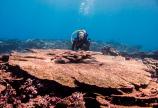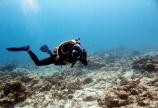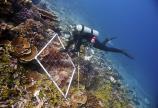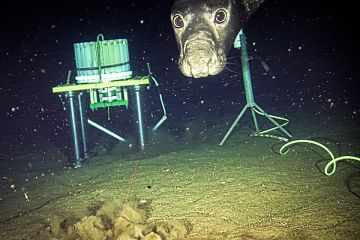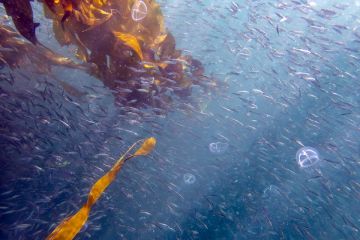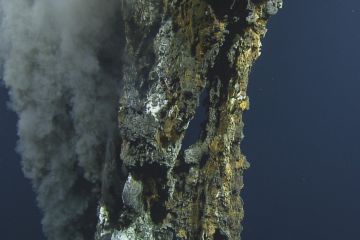Diving deeper into coral research
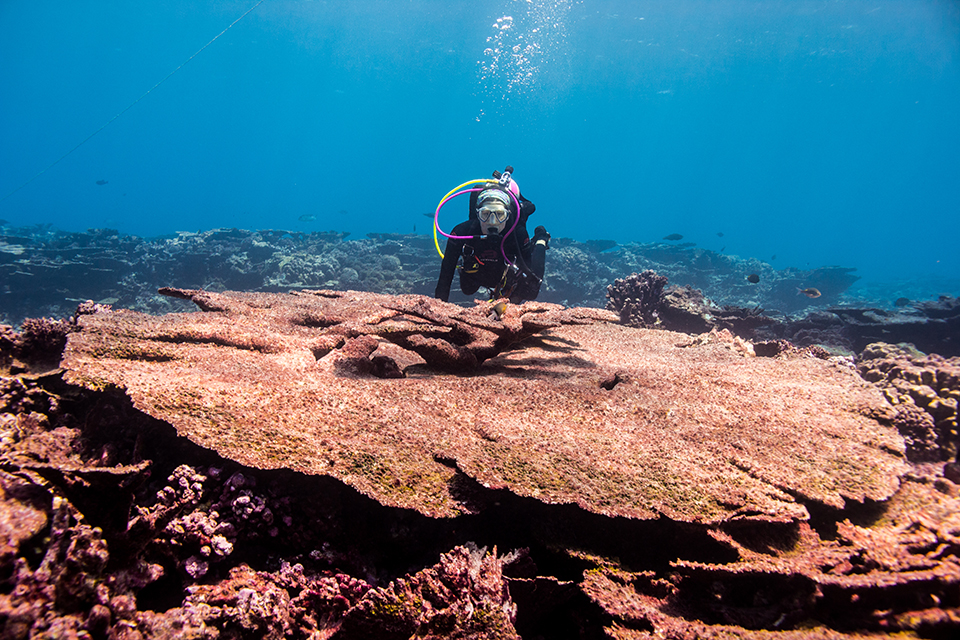
Philanthropy's role in global climate and ecological research
Growing up in Idaho, far from any coastline, Danielle Claar says her curiosity about the underwater world was sparked as a teenager on a scuba diving trip with her parents. “I was fascinated right away,” she says. “The ocean is a complex and dynamic world.”
What lies on the floor of the ocean interested her the most. “Coral is not just a rock; it’s an animal, vegetable and mineral that supports so many lifeforms.”
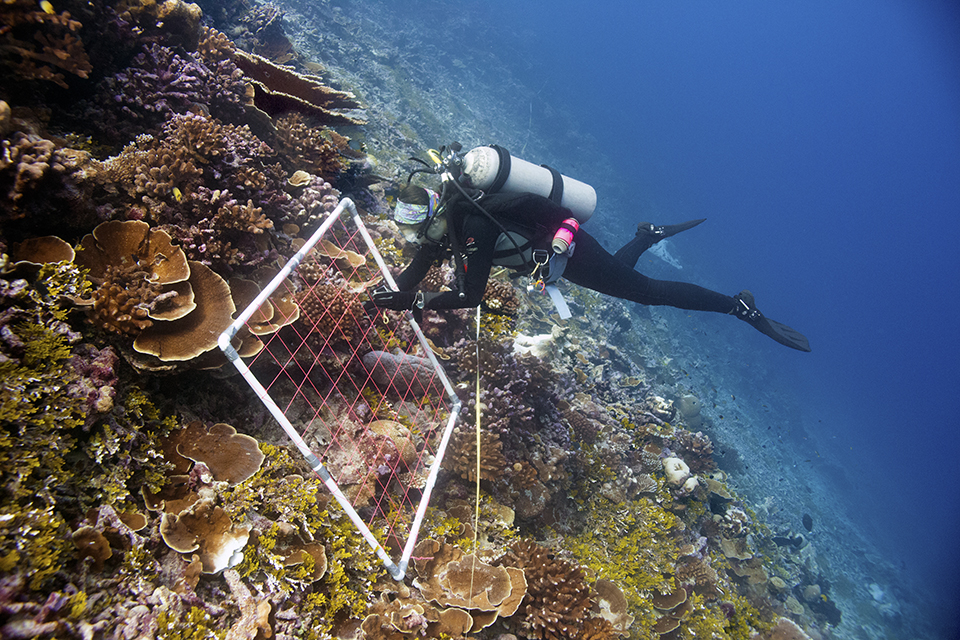
Working to protect coral reefs worldwide
After working as a coastal marine biologist, Claar came to UVic to work in the Baum lab, studying the human impact on coral reefs’ symbiotic relationships with algae and other organisms. “One of the biggest threats to coral reefs is the warming of the ocean, but there is much debate on how much and what we can do to protect them at a local scale,” she says.
Claar set up a field research site on Kiritimati Island, a remote and sparsely populated coral atoll south of Hawaii that boasts a range of reefs—including some of the most pristine coral reefs in the world—as well as areas that are highly degraded by fishing, runoff and weather events such as El Niño.
“My most exciting finding was that even during the El Niño, where the waters warmed up for almost an entire year, corals started to recover,” says Claar. “Given the right advantages, some corals can survive and thrive even under duress.”
Claar also presented her work to Kiritimati Island officials to show how their actions affect the coral reefs surrounding their island, and look at strategies to decrease their negative impact on the corals. “The hope is that by learning as much as we can about the reefs themselves, we can develop strategies and plans to give them the best chance of survival,” says Claar.
Gifts help students lead field research
The opportunity was supported through scholarships like the Edward Bassett Family Scholarship, which honours graduate research specializing in environmental conservation. “Scholarships eased the financial burden of travelling to the island and allowed me to concentrate on my research,” says Claar. “I wouldn’t have been able to complete my work without the generosity of donors.”
After finishing her PhD, Claar will move on to the National Oceanic and Atmospheric Administration as a Postdoctoral Scholar in Seattle to further her research on reefs. “I hope that by understanding corals and their complex ecosystems,” Claar says, “we can develop better strategies to give coral reefs the best chance of survival.”
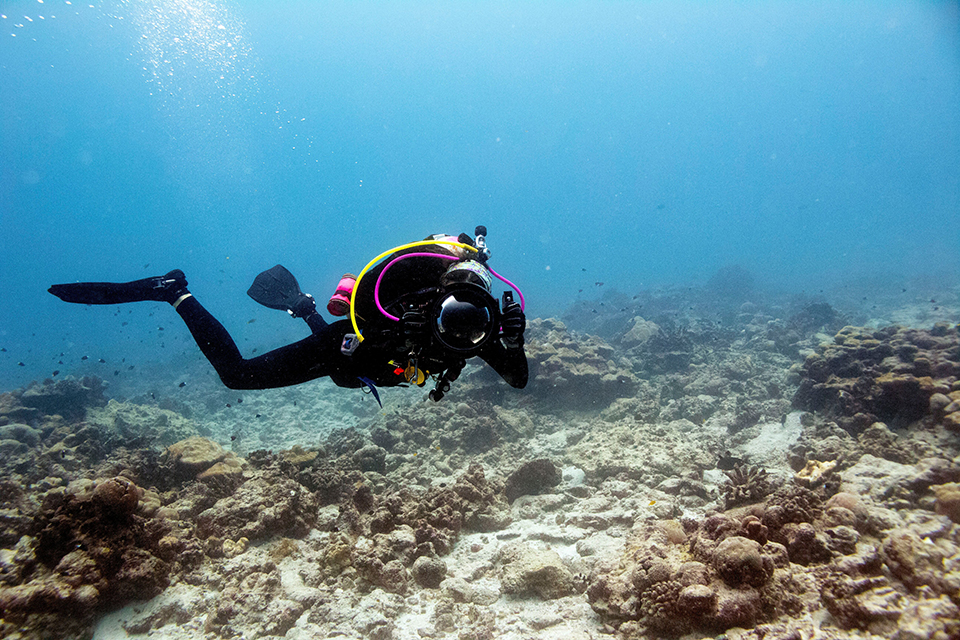
Photos
In this story
Keywords: oceans, sustainability, research, philanthropy
People: Danielle Claar

